News
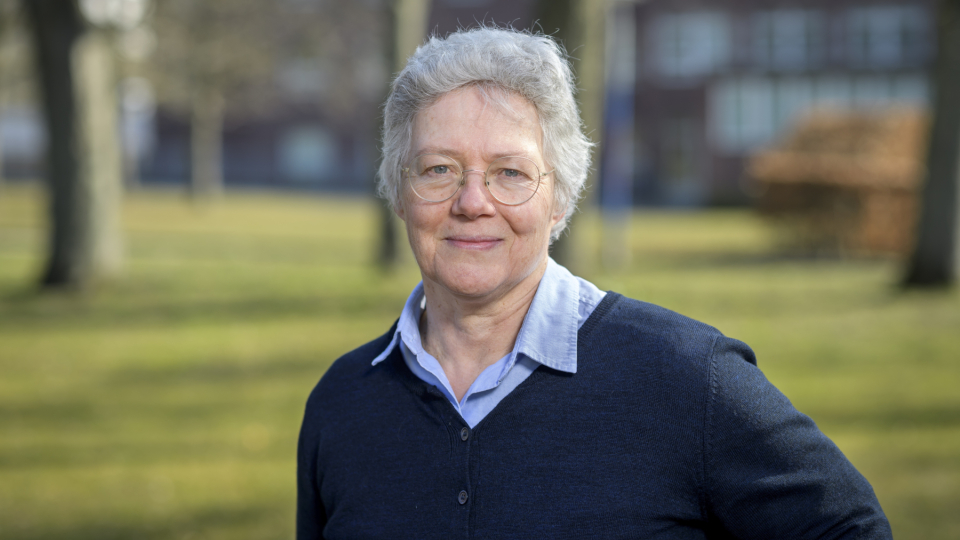
Anne L’Huillier new Frontiers of Knowledge Awardee
vFor her pioneering work in attosecond physics, Anne L’Huillier is one of the three new laureates of the Frontiers of Knowledge Award in basic science, a prize from the BBVA Foundation.
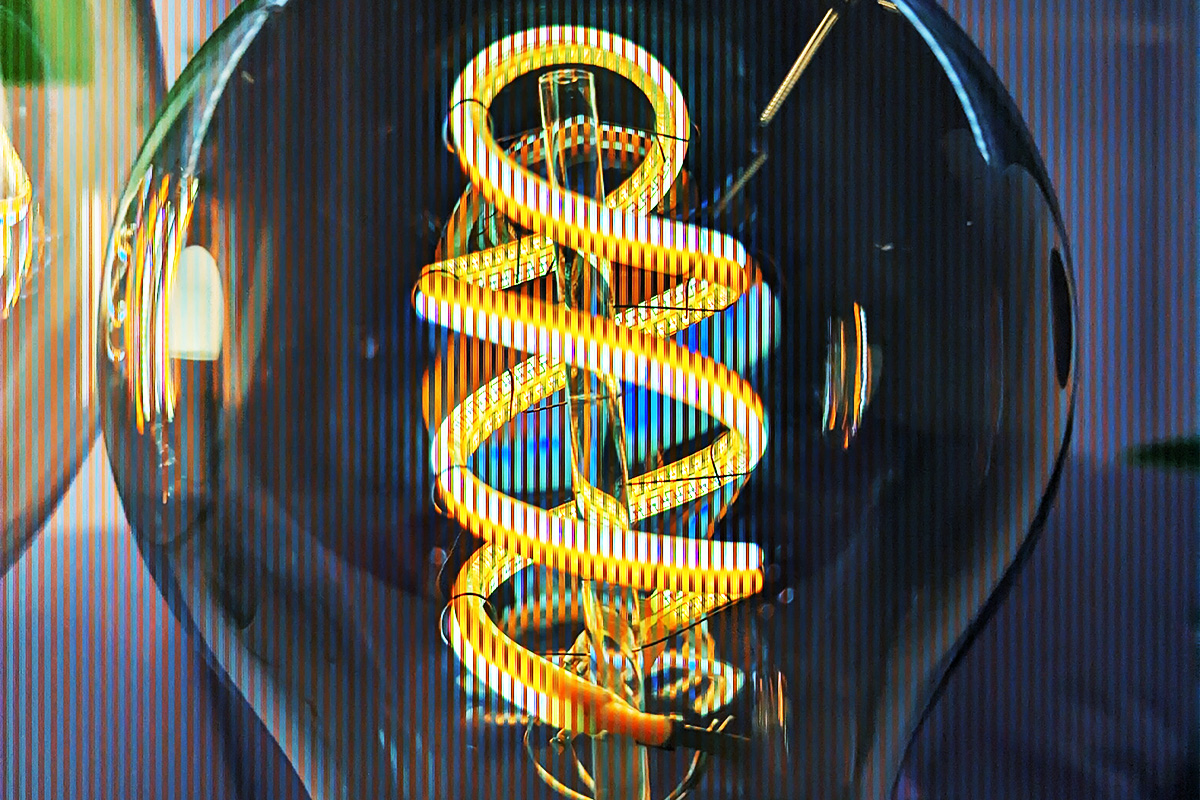
New report to help reduce flicker from LED lighting
LED technology is often mentioned for its advantages – being energy efficient, long life time and the fact that the technology can be controlled in various ways. LED lamps’ ability to produce flicker is not mentioned as often. One reason for this is a lack of knowledge about how to measure the phenomenon and its health effects. That is something [...]
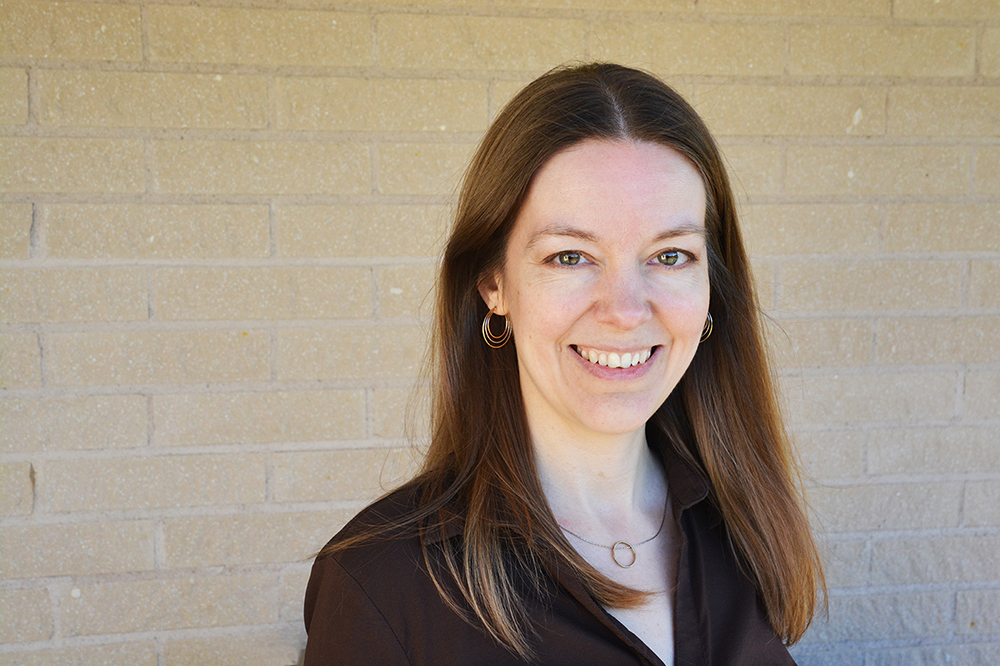
Kimberly Dick Thelander is awarded the Göran Gustafsson Prize in chemistry
With the help of the microscope, nanocrystals can become new semiconductors – and “for the study of the atomic structure of nanomaterials and its characterization by in-situ electron microscopy”, the Royal Swedish Academy of Sciences awards Kimberly Dick Thelander, professor of Materials Science, the Göran Gustafsson Prize.
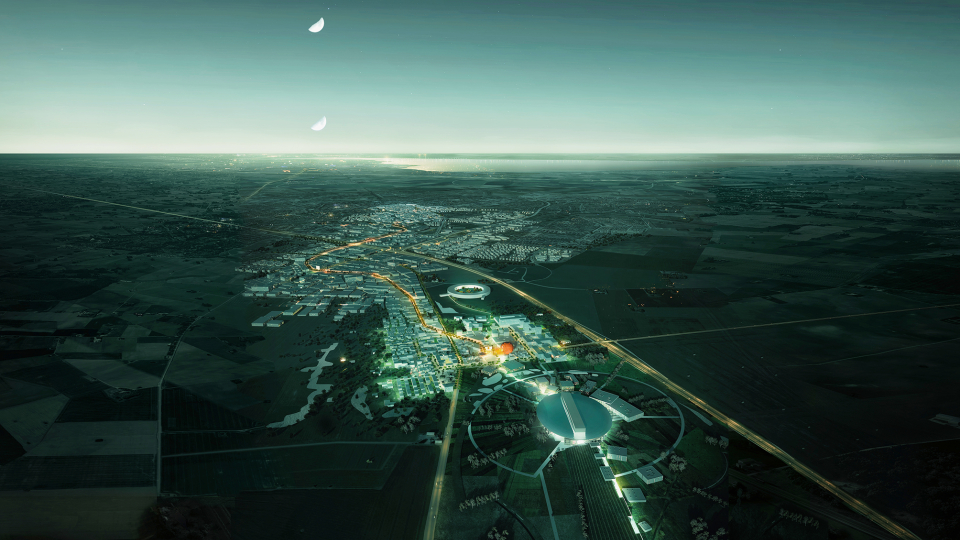
Strategic collaboration with the Olle Engkvist Foundation: 100 MSEK for Nanolab Science Village
NanoLund at Lund University has established a long-term strategic collaboration with the Olle Engkvist Foundation, which intends to support the purchase of equipment for Nanolab Science Village to the tune of SEK 100 million over five years.

Respite for Ukrainian students through collaboration with Lund
The on-screen lecture looks like any other digital seminar. But this is no normal session. The audience lives in the university town of Zhytomyr in Ukraine, and they are taking part in a series of online seminars organised by around ten researchers and teaching staff from Lund.

Sweden needs to boost STEM – and solve the skills issue
DEAN'S BLOG. There is a need for long-term investment and new places on study programmes to meet the requirements of new areas of technology and transitions, writes Annika Olsson, dean of LTH.

Measurement of microwave photons could reveal mysteries of the universe
Ville Maisi, senior lecturer at the Deparment of Physics at Lund University’s Faculty of Engineering (LTH) and researcher at NanoLund, has been awarded a European Research Council Consolidator Grant worth SEK 28 million for the QPHOTON project. The research will focus on building microwave detectors over a five-year period.

Major grant to research on the dynamic interactions between molecules
The interactions between molecules are the foundation of life and how we treat diseases using medicinal drugs. But what does it actually look like when a protein meets another molecule and binds to it? A new research project that has been awarded EUR 8.7 million by the European Research Council now aims to shed light on this elusive process. The [...]

LTH awards three new honorary doctorates
The board of the Faculty of Engineering (LTH) has decided to confer three new honorary doctorates. The new honorary doctors are Professor Ulla Vogel, Professor Ikhlaq Sidhu and the entrepreneur and business leader Yasemin Arhan Modéer.
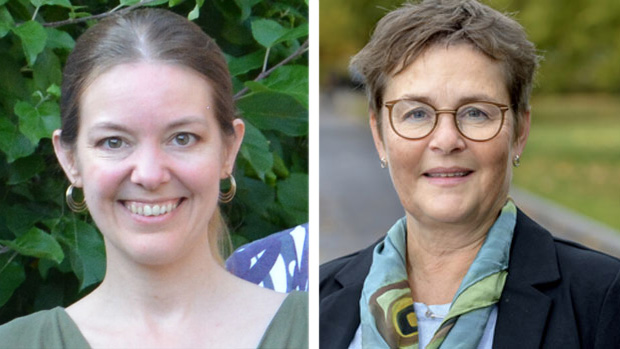
Annika Olsson and Kimberly Dick Thelander have been inducted to the Royal Academy of Engineering Sciences
The Dean of LTH Annika Olsson and Professor Kimberly Dick Thelander have been inducted as new Fellows of the Royal Swedish Academy of Engineering Sciences, together with other prominent researchers and experts in the private and public sectors.

Ingvar Kamprad Design Center celebrates its 20th anniversary
A meeting at the kitchen table, with lots of coffee and snus. And a donation of SEK 250 million. That’s what happened when Ingvar Kamprad met LTH’s dean in 1998 to talk about the future of industrial design education at the University.

The Baltic Sea Flood – the forgotten storm surge that can provide lessons for the future
The Baltic Sea Flood 150 years ago, which swept away entire communities and caused several hundred fatalities, is almost forgotten today. Nonetheless, the Baltic Sea Flood is one of the worst natural disasters ever to strike the southern Baltic Sea. However, using lessons learned from history and new knowledge about storm surges in the wake of [...]

Interdisciplinary research school on Skåne’s beaches
The coast is changing. The sea is encroaching further inland, and the shoreline of childhood memory no longer looks the same. Climate change is impacting beaches and the sea, but time is also a factor.
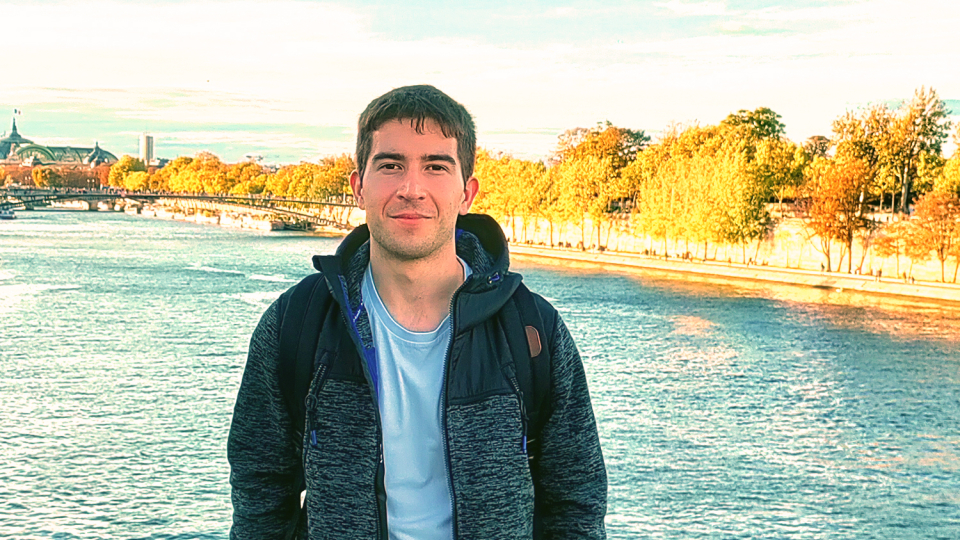
Daniel Diaz Rivas awarded for best Master's Thesis in Photonics 2022
In his thesis work, Lund University Master's student Daniel Diaz Rivas shows that is possible to reconstruct the time-dependent polarisation of a very short pulse using a dispersion scan technique. Rivas recently recieved a price for best Master's Thesis by PhotonicSweden.
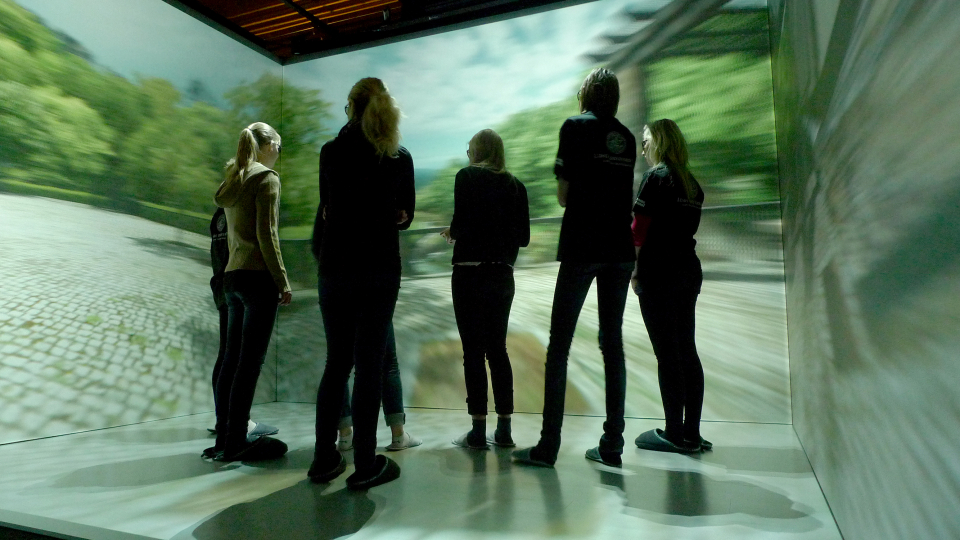
VR helps us experience historical places
Virtual reality might be the closest we can get to a time machine. For instance, it can be used to experience historical communities – such as the Iron Age city of Uppåkra in southern Sweden, according to LU researcher Mattias Wallergård.
